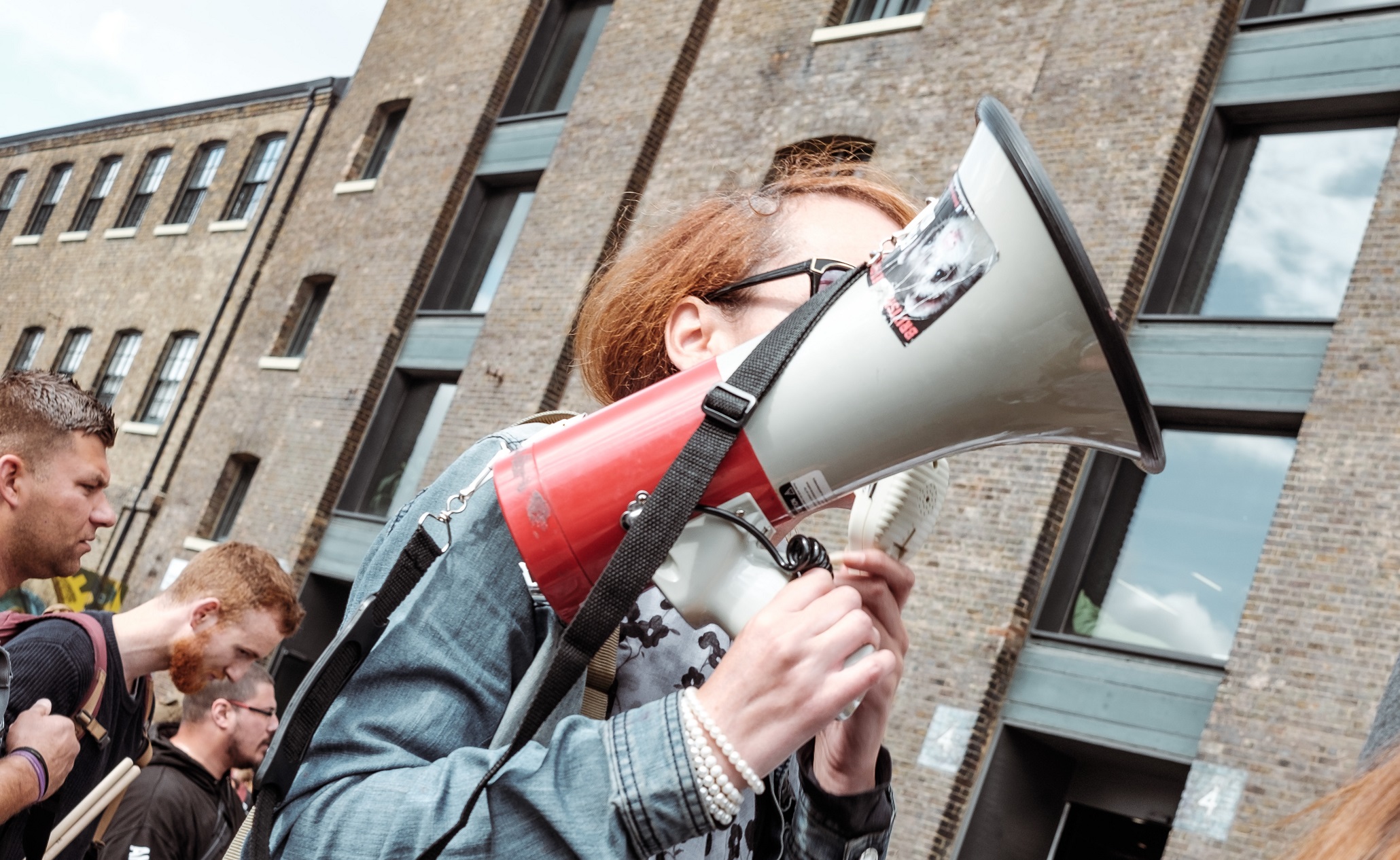
Public discourse feels increasingly saturated with complex issues of social and environmental importance.
We can’t turn our backs on the myriad of problems facing us today. We’re being called upon, as individuals and as businesses, to be a part of urgent conversations and to forge sustainable long-term solutions.
But the sheer magnitude of issues presented, the political sensitivities around them and the rise of outrage culture often leave us feeling overwhelmed – by the problems themselves, and the risk of backlash if we add our voices to the mix.
How do we differentiate between moments when it’s right for organisations to speak out, and when to let someone else do the talking? How can we ensure our contributions are constructive, not destructive?
What to say, what to say…
The world’s top CEOs say that operating with a clear social purpose is critical to commercial success. What’s good for people is good for your bottom line. If defining your purpose is the first step for a business, expressing it should be the next.
In fact, communicating your impact is impact.
Take, for example, the speech given recently by BHP CEO Andrew Mackenzie on climate change, in which he acknowledged the company’s role in the problem, demonstrated how they are taking accountability for it and compelled others in the industry to step up alongside them. A strong call to arms on a contentious and confronting issue, it was generally well-received worldwide for being relevant to their core business and aligned to concerns of people they work with across the globe.
NGOs will have a clearer sense of what social issues that relate to them – it’s central to their existence. But how broad their view is, and what they are prepared to say, will determine how effectively they contribute to change. This is particularly true for service providers working to address short- to medium-term problems (e.g. housing for women experiencing family violence) that are embedded in complex debates at a higher societal level (such as capitalism, misogyny and the status of women).
Discussing your work within these contexts elevates its importance and can make a powerful contribution to eliminating, rather than simply mitigating, the problems. However, it may also place strain on key relationships, including with government and other funders. These are important factors to consider before jumping aboard the next activist-driven hashtag.
Think, then speak.
It’s critical to take the time to define your social purpose, consult with your stakeholders (including people closest to the issue), test and refine your message and back yourself with evidence.
If you’re all talk and no action, you’ll be called out – and quickly – for being insincere and tokenistic.
Similarly, if your organisation has a valuable and unique perspective to offer when issues come to the fore, but you haven’t done your homework, you could miss an opportunity to make a difference.
Your message might not please everyone, and that’s ok. But a good message will afford you credibility, loyalty, new customers and supporters, while a bad message will impact your brand negatively and, more significantly, it could harm the people you intended to help.
Planning, consultation, and smart execution are key.
Messengers are just as important as messages.
The sharpest authorities on any given issue are typically those who experienced it first-hand.
Connect with people at the coalface of the problem you want to address. You might have academic expertise and resources to drive communications activity, but elevating voices at the community-level means your message is more authentic and more likely to resonate with an audience.
The relationships you build will also enable you to develop effective strategies and hold yourself accountable for achieving meaningful impact – not just good PR.
Marriage equality campaigns in Australia offer a prime example of this. For decades, their communications centred on LGBTQI+ allies and a smattering of high-profile names and organisations. But the campaigns didn’t really gain traction until LGBTQI+ people were afforded a platform to speak for themselves. This transformed unclear asks into powerful demands, and muddled messages into a coherent, compelling narrative in which the broader Australian public could see themselves. It created a path forward for the community, and an opportunity for businesses to be a part of meaningful progress and thrive economically.
We’ve seen this effect, too, in our work with government. In April, we worked with Energy Safe Victoria to launch a campaign on gas heater safety, to raise awareness of the lethal dangers of carbon monoxide. Research on previous campaigns suggests people didn’t see the relevance of the issue to their lives. However, launching the campaign alongside Vanessa Robinson – who tragically lost her two boys to CO poisoning – humanised the matter and propelled it into the public conversation.
Voices drive change. Use yours wisely.

